DHAKA, Jan 23, (V7N) – Bangladesh’s capital, Dhaka, has once again ranked among the cities with the worst air quality, occupying the fourth position globally with an Air Quality Index (AQI) score of 223 as of 8:45 a.m. today.
The air quality in Dhaka was classified as ‘very unhealthy,’ posing severe health risks to residents, according to the AQI index.
AQI Categories and Health Impacts
The AQI categorizes air quality into the following levels:
50–100: Moderate, sensitive individuals may need precautions.
101–150: Unhealthy for sensitive groups.
151–200: Unhealthy for all.
201–300: Very unhealthy, posing serious health risks.
301+: Hazardous, indicating an emergency health warning.
China’s Wuhan, Chengdu, and Chongqing secured the top three spots on today’s list with AQI scores of 258, 238, and 231, respectively.
Dhaka's Persistent Air Pollution Challenge
Dhaka, one of the most densely populated cities in the world, has struggled with severe air pollution for years. Its air quality tends to deteriorate significantly during winter, primarily due to increased particulate matter, while it shows slight improvement during the monsoon season.
The AQI in Bangladesh is calculated based on five major pollutants:
Particulate matter (PM10 and PM2.5)
Nitrogen dioxide (NO2)
Carbon monoxide (CO)
Sulfur dioxide (SO2)
Ozone (O3)
According to the World Health Organization (WHO), air pollution is a global health crisis, responsible for approximately seven million deaths annually. Prolonged exposure to polluted air increases the risk of stroke, heart disease, lung cancer, chronic obstructive pulmonary disease, and acute respiratory infections.
END/CLM/RH/



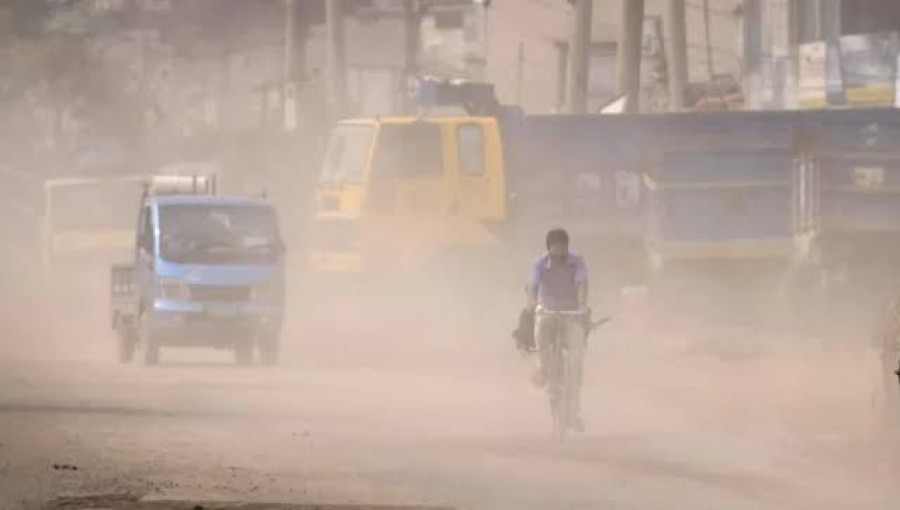
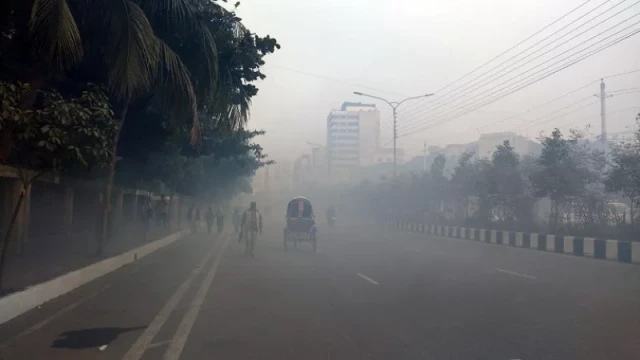
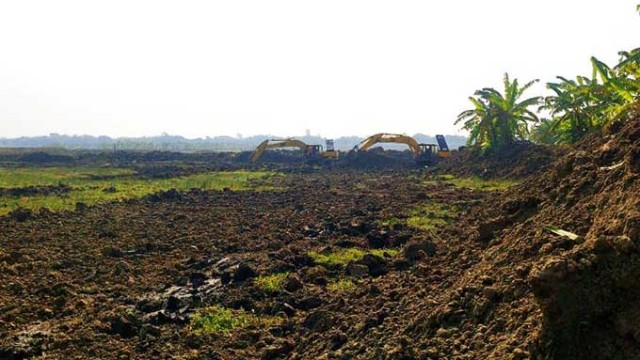
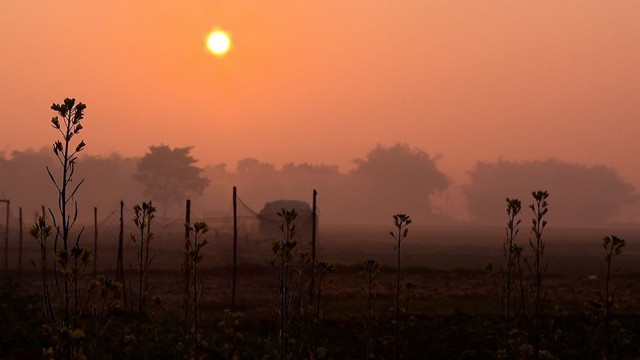
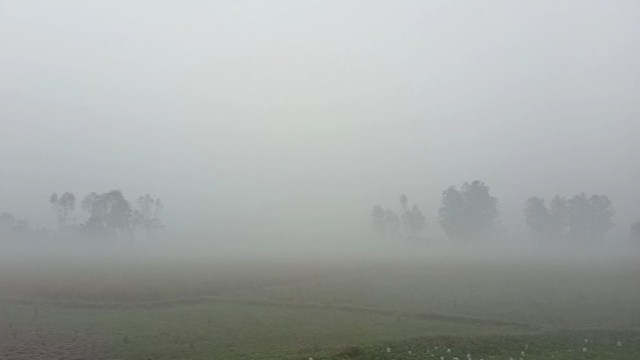
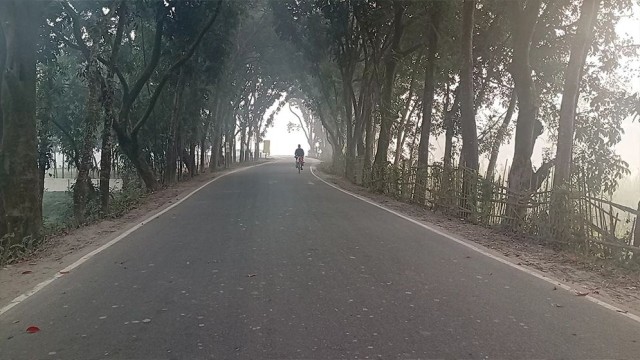



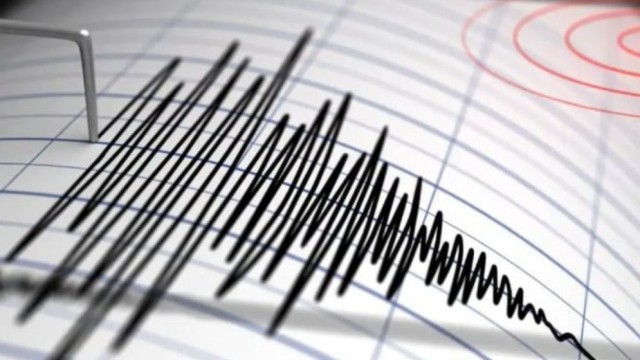

















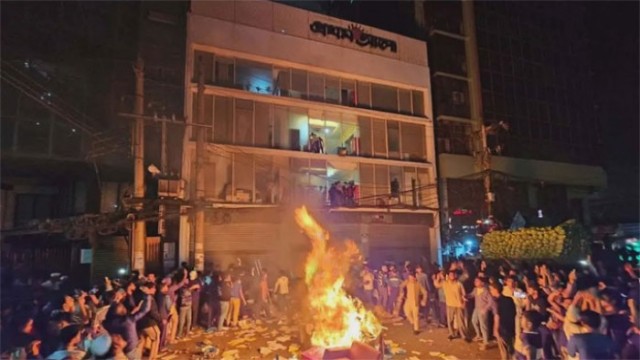
Comment: